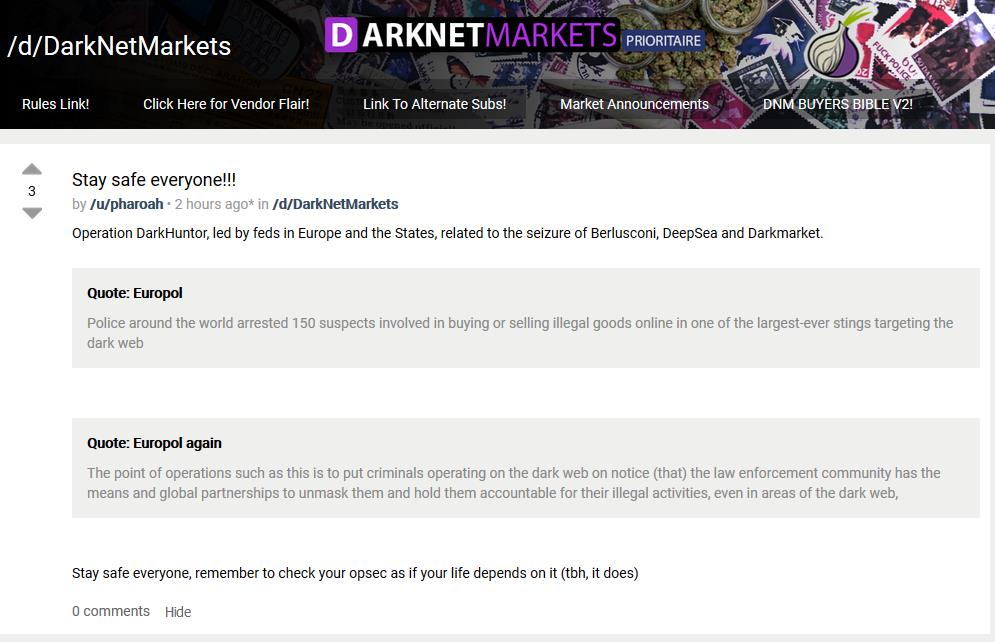Behind the Scenes: The Hidden Economy of Illicit Online Marketplaces
In the shadows of the web lies a extensive and complex ecosystem known as the deep web, an area that has long intrigued both investigators and the inquisitive alike. This obscured part of the internet, often accessed through specialized tools like Freenet, is home to a variety of markets that operate outside the bounds of mainstream law. While the visible web is a realm controlled by familiar platforms and business entities, the darknet offers a more mysterious and often risqué marketplace where anonymity reigns over all.
Within this clandestine environment, individuals can purchase and sell a broad spectrum of items and services, ranging from mundane goods to illegal drugs, hacking tools, and personal information. The allure of hidden web markets is rooted in their discretion and the notion of inaccessibility, providing a clear contrast to traditional commerce. As we delve deeper into this secret economy, we will investigate how these markets operate, the reasons of their users, and the consequences for the public at large. Understanding this hidden network is vital in comprehending the complexities and challenges posed by the transforming landscape of the internet.
Understanding this Dark Web
This dark web is a limited part of this internet that is not really indexed by traditional search engines. It is accessed through specific software like Tor, which allows users to preserve anonymity while browsing. This hidden layer of the internet is frequently misunderstood, as it is connected primarily with unlawful activities. However, this dark web also hosts communities and platforms that value privacy and freedom of expression, particularly in countries with repressive regimes.
One of its most well-known aspects of the dark web is its marketplace dynamics. Such markets facilitate the buying and selling of various goods and services, ranging from legal items to unlawful substances and hacking services. Users can find a variety of commodities, often with less risk of exposure compared to surface web transactions. The use of cryptocurrency for payments enhances secrecy, making it hard for authorities to trace transactions.

Despite its perception, this dark web is not only a haven for unlawful behavior. Many users turn to this setting to seek information, share ideas, or communicate freely without fear of censorship. Activists, journalists, and whistleblowers regularly find refuge in the dark web as it enables them to operate under conditions that might be precarious in their home countries. Understanding the multifaceted nature of this dark web is crucial for comprehending its impact on both social and economic interactions in our increasingly digital world.
Market Trends and Trends
The dynamics of black markets are shaped by a multifaceted relationship of market needs, available offerings, and regulatory pressure. As individuals seek anonymity and access to products and offerings that are often illegal, the market responds to these demands. Sellers often offer a variety of products, from drugs to hacking services, capitalizing on the growing demand. The ever-changing landscape of these markets, with many closing and reopening under different titles, generates a feeling of desperation among buyers, thereby increasing market activity.
Recent observations indicate a movement toward specialized markets that cater to niche audiences, allowing vendors to build reputations and credibility over time. These specialized platforms often focus on particular categories, such as forged products or specific drugs, which can boost customer loyalty and streamline service. Additionally, the use of digital currencies continues to underpin transactions, providing an added layer of confidentiality and security for users, thus drawing in more participants to these underground economies.
Authorities worldwide are increasingly focused on addressing illicit online activities, prompting a continuous cat-and-mouse game between authorities and vendors. As new regulatory measures are introduced, vendors are forced to rethink their methods to preserve anonymity and escape notice. This ongoing cat-and-mouse dynamic not only influences the operations of markets but also encourages the development of new protective technologies, thus transforming the dark web landscape.
Security and Ethical Implications
Traversing dark web markets poses significant security risks for users, including exposure to scams and cyber threats. The anonymity that characterizes the darknet attracts a diverse range of individuals, not all of whom have good intentions. Users may fall victim to fraudulent schemes, with vendors disappearing after taking payment or providing substandard products. It is vital to navigate these platforms with care, employing strong security measures such as encrypted connections and secure payment methods to mitigate risks.
Ethically, engaging with dark web markets raises complex questions about legality and morality. While some individuals defend their participation in these markets by arguing a pursuit of privacy or a reaction against mainstream norms, the reality is that many transactions involve illegal goods and services that contribute to broader societal issues. When buying or trading items on the dark web, participants must face the ethical implications of their actions, considering the potential consequences on communities and the individuals involved. darkmarket url
Moreover, the dark web can serve as a two-edged sword, providing a space for illicit activities while also offering a haven for free speech and information sharing in oppressive regimes. This contrast challenges users to reflect on their motivations for entering these markets. As discussions about digital rights and privacy continue to evolve, the dark web remains a polarizing topic that necessitates careful consideration of both personal safety and moral responsibilities.
